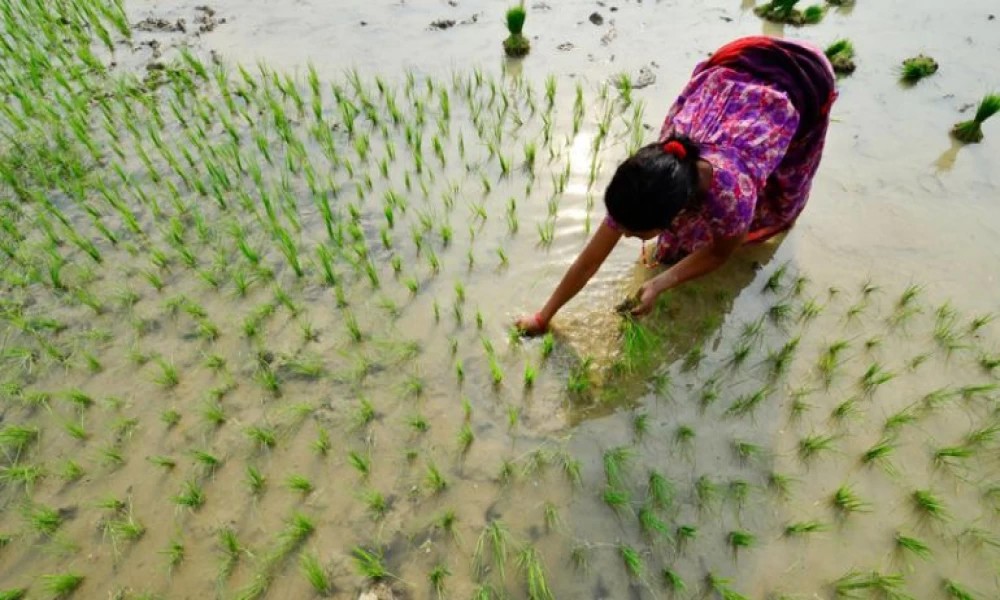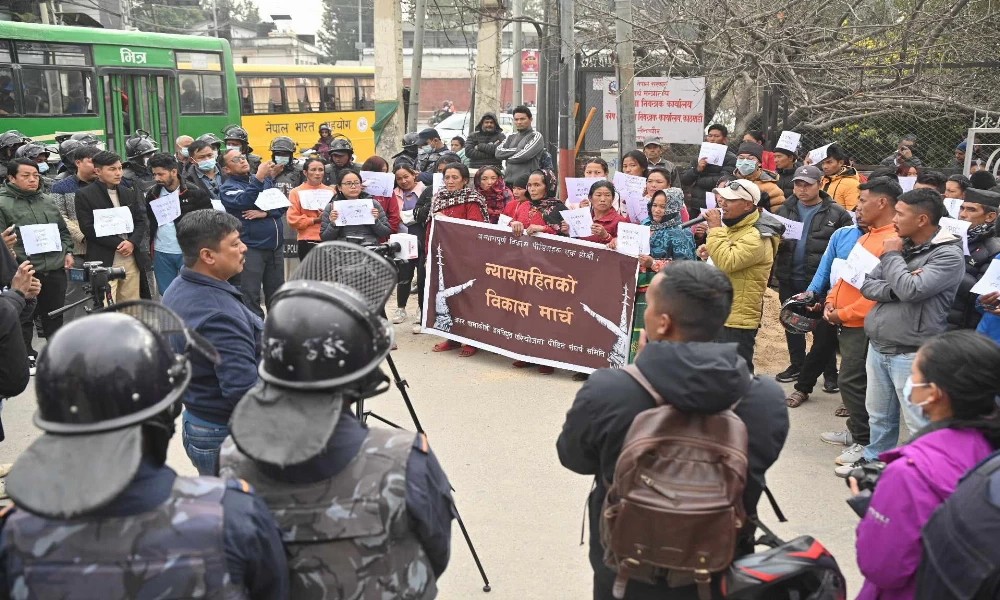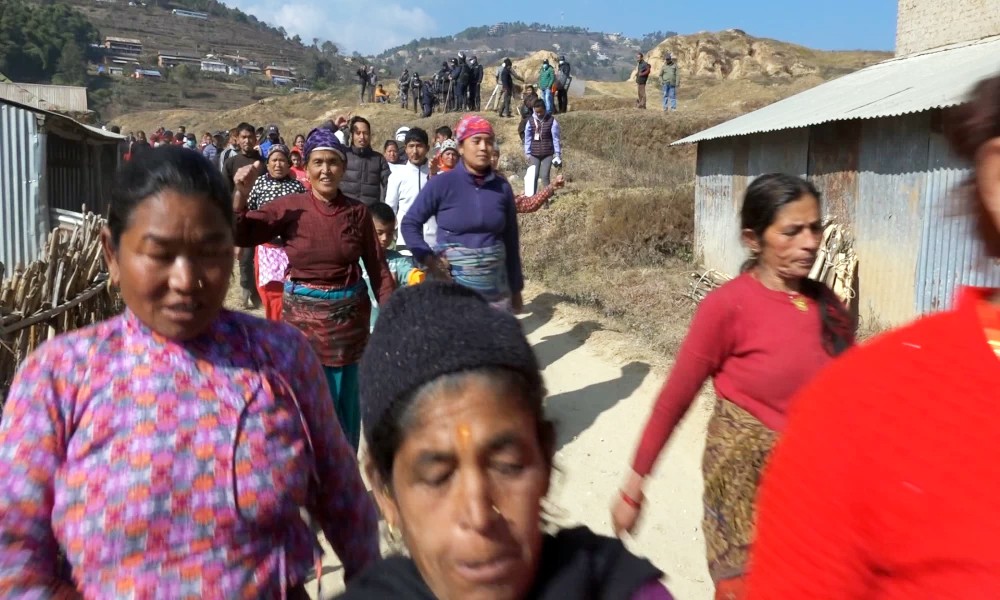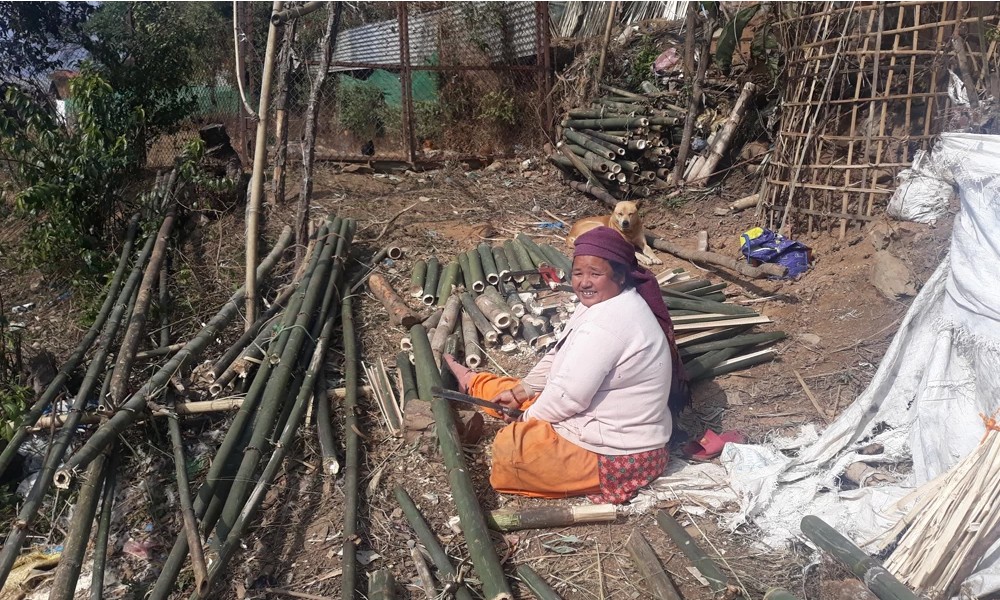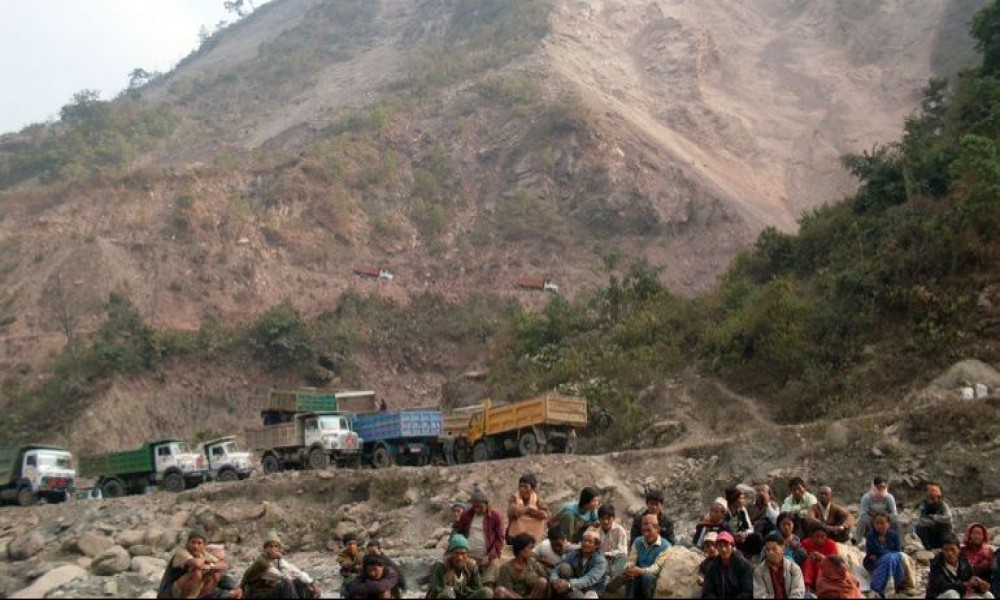Indigenous knowledge has been put forward as a solution to reducing the impacts of climate change. As indigenous people are heavily affected by climate change, indigenous activists are now lobbying for acceptance of indigenous knowledge in combating it, as well as inclusion and participation of indigenous people while creating climate change related policy and plans.
"If we look at the pattern of climate change, it's because the way things are done now are not natural. But indigenous activities are still natural, if we protect them we can resolve many of the crisis" says, Dr. Shreekumar Maharjan
The whole world is affected by the huge carbon emission produced due to the activities of humans residing in developed countries. Indigenous people living in developing countries are most severely affected by climate change. Climate change expert Tung Bhadra Sampang Rai says, "as the world is looking to minimize the effect of climate change, promoting indigenous knowledge has also been identified as one of the solutions. Nepal should bring out policy related to such indigenous knowledge."
Another activist and climate change expert Dr. Shreekumar Maharjan also agrees with Rai. Dr. Maharjan further opines that we can tackle the current crisis of climate change only if we promote indigenous knowledge along with indigenous rights protection. "Climate change has affected social, economic, environmental and political sector all over the world. Rapid urbanization and industrial activities of developed countries is responsible for this carbon emission," Dr Maharjan said. "If we look at the pattern of climate change, it's because the way things are done now are not natural. But indigenous activities are still natural, if we protect them we can resolve many of the crisis," he said.
Understanding Indigenous Knowledge
Indigenous knowledge are the skill, knowledge and technology which are learned through generations. According to indigenous experts, indigenous people have their own special culture, special institutions and experiential past due to which there is abundance of indigenous knowledge.
"Indigenous people have for centuries lived in harmony with nature, are protecting nature and in doing so also protecting human society. They have retained their special knowledge and skill through festivals, rituals and spiritual beliefs," said Tunga Rai, indigenous expert and National Coordinator of Climate Change Partnership Program conducted by Nepal Federation of Indigenous Nationalities. He further explained with example, "The role of ritual based institutions such as the Mukhiya system of indigenous Thakali people, or the barghar of the indigenous Tharu is to protect nature."
"Indigenous people have for centuries lived in harmony with nature, are protecting nature and in doing so also protecting human society. They have retained their special knowledge and skill through festivals, rituals and spiritual beliefs," said Tunga Rai, indigenous expert and National Coordinator of Climate Change Partnership Program conducted by Nepal Federation of Indigenous Nationalities.
According to Lhakpa Dhokpa Sherpa, secretary of Nepal Federation of Indigenous Nationalities, these types of ritual based institutions are present in all indigenous communities. All these institutions work to preserve forest foods, herbs and different healing practices. That is also indigenous knowledge. She further claimed that indigenous people rely on nature for livelihood along with their traditional knowledge and skills, that is why they protect natural resources.
Searching for impact minimization
The world is surrounded by different challenges and problems created by climate change. Researchers around the world are seeking solution to overcome these challenges. Experts say that the whole world is now searching for a solution to stop climate change. Dr. Maharjan adds, "The only way is to reduce carbon emission. Indigenous people have been practicing that since forever."
Dr. Maharjan states that indigenous people have been protecting land, water and forest in sustainable manner since time immemorial. He said, "indigenous people have been managing nature to sustain their livelihood in a balanced way but at present due to human created artificial environment, the natural balance has been disturbed. Now, we need to re-set the balance."
The indigenous activists brought attention to and strongly denied arguments that some of the indigenous activities and practices were resource extractive and brought destruction to nature. They argued that even practices like Chepang burning bushes (slash-and-burn farming) to till land was climate friendly.
"The accusation that the Chepangs destroy forest to farm is wrong. They safeguard the forest within their area even as they farm. The slash-and-burn method actually restores the forest," activist Rai shared. "Indigenous activities actually reduce carbon emission," he said.



